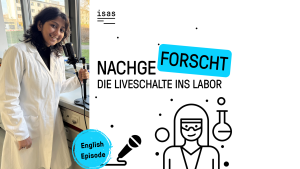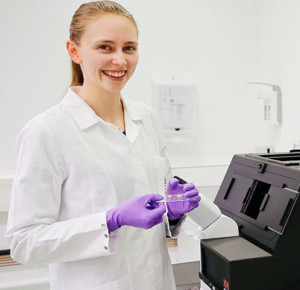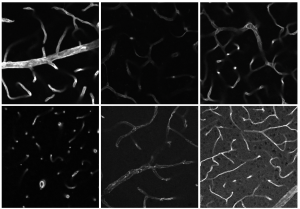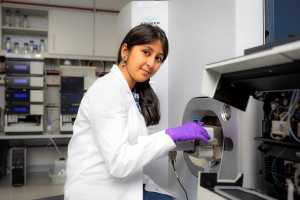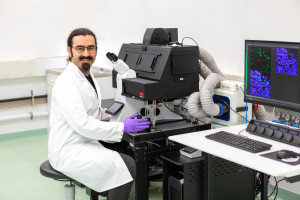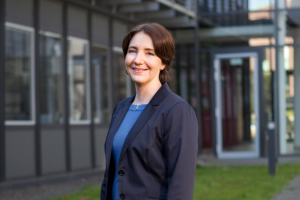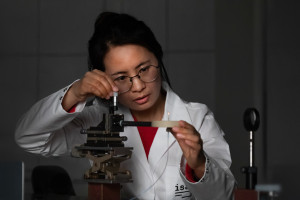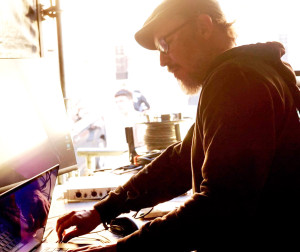Dortmund, 16th September 2021
ISAS is once again hosting PhD workshops as part of the structured doctoral training this week – a good opportunity to look back at the workshops of last year.
With masks and a lot of fresh air, but in person. This is how the PhD workshops for 16 students could take place at ISAS from September 23 to 25, 2020, under the conditions of the Corona Protection Ordinance.
The event is part of the institute’s own graduate programme. The aim of the curriculum, which spans three years, is to gain basic knowledge of interdisciplinary scientific work in an international context. In addition to ethical and legal principles such as the “rules of good scientific practice” or the protection of intellectual property, participants learn how to communicate their own research results and gain knowledge of intercultural cooperation. Each year, the doctoral students evaluate the workshops and external speakers: “This allows us to adapt the seminar content to our doctoral students’ needs and to integrate current developments,” explains Wiebke Bartels, Human Resources Development Advisor.
In 2020, the seminars for second-year doctoral students focused on scientific writing, project management as well as patent law and -research. The workshop ‘Scientific Writing’ was particularly useful for the young scientists. “In a short amount of time we received many tips on the use of language and on writing scientific texts in English that we practiced together. The course was not only informative, but also entertaining,” Alexander Knodel sums up. Although group work was hardly possible due to the pandemic, Knodel draws a positive balance for the face-to-face event.
Especially popular: “Elevator Pitch”
For third-year doctoral students, ISAS offered courses on career development, “Proposal Writing” and “Elevator Pitch”. This training for a presentation in the length of an elevator ride was the most popular among the participants. “We learned to put our research in a nutshell in a way that is also understandable for lay people,” says Julia Lill. According to her, it was a bit unusual to be filmed during the pitch at first and then having to analyse the recording together, but the feedback from the trainer and the exchange in the group were very valuable.
Structured doctoral training at ISAS
In the first three years of the doctoral phase, the curriculum of the structured doctoral training at ISAS includes ten workshops, an information event on career planning, an internal “lab rotation” and optionally a doctoral-related stay at a research institution abroad. In the final phase, the focus is on the completion of the work and the doctoral thesis. The duration of a PhD at ISAS depends on the department and averages three and a half to four and a half years. However, progress in the work for a doctorate and the requirements of structured doctoral training do not always proceed in a linear manner. “As long as scientists complete the curriculum in the first three years of their doctoral phase, we are flexible, if only for organisational reasons. In 2020, for example, there were only three first-year PhD students, so they took the courses in the second year of the PhD. Next year, we’ll switch,” says Bartels.
(Pauline Jürgens)
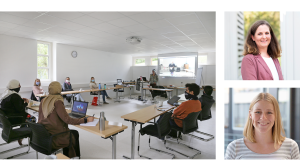
Keeping distance and wearing masks – but at least the 2020 PhD workshops could take place together and on-site. Above: Wiebke Bartels, Personnel Development Officer. Below: Julia Lill, PhD student in the Bio-Fluorescence working group.
© ISAS
